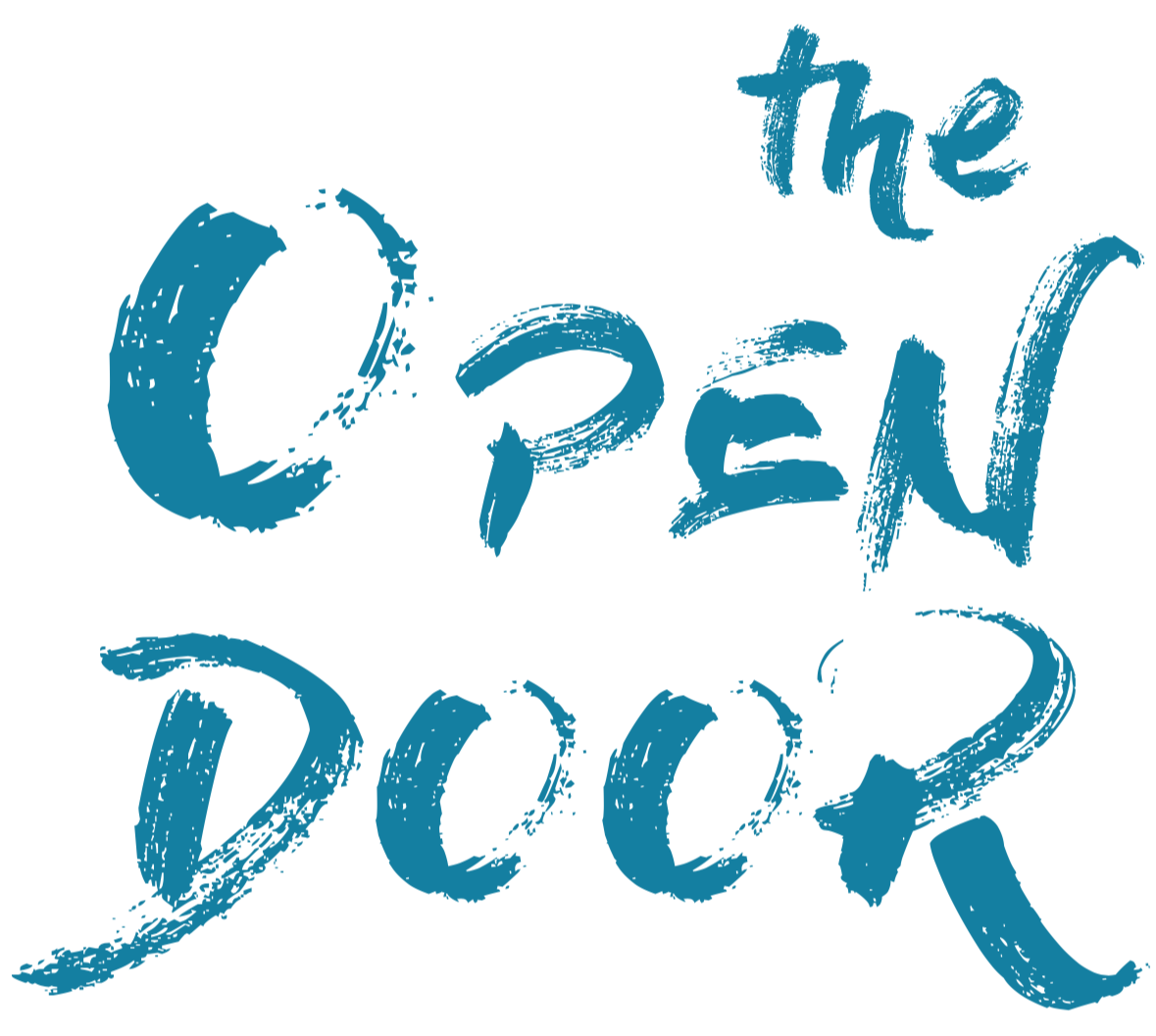Perfectionism in social anxiety
Ellen Hendriksen writes in her book on Social Anxiety, ‘How to Be Yourself’, that part of what drives social anxiety is a kind of social perfectionism.
Perfectionism. Well, it’s all about being perfect; impossibly high standards that one rarely manages to quite meet, leaving you in a cycle of unsteady highs followed by shame, self-criticism and depression, all against the backdrop of ever-increasing anxiety.
Hendriksen contends that Social Anxiety is insecurity in social situations in part because you experience particular social situations as a sort of test, or a performance. This, combined with the expectation that you will ‘perform’ perfectly; be witty, charming, perfectly attuned, graceful, and never, ever make a social faux pas, or be boring or boorish, creates an impossible double bind.
The pain of this is twofold, how we feel about ourselves (shame, self-hatred etc), and how incredibly, heartbreakingly lonely it can be to feel disconnected from our fellow humans.
How we (unwittingly) keep ourselves stuck
We make our anxiety worse for ourselves in a number of ways; we over-prepare, rehearsing late into the night to the point of insomnia, and imagine catastrophic outcomes (thinking, of course, that all of these things will help us).
Actually, research shows that for social anxiety, instead of helping us prepare, thinking about all the ways that things can go wrong actually causes more anxiety. Which in turn, causes us to be even less okay in social situations, causing more shame and self-criticism and then again, more attempts to prepare and cover up our awkwardness, leading to more anxiety, and so on..
Some tips; release the pressure
Social anxiety is something that can be healed. It is not a life sentence. That doesn’t mean that you will reach a point that you will never feel anxiety (I believe that is called a ‘psychopath’!) but that you can reach a point where you are not ruled by your fear. Where you can tolerate, manage it, and where it also reduces to a manageable level.
You could start by Daring to be Average. I appreciate this might sound odd, but where perfectionism is keeping you stuck, you could begin to experiment with letting yourself off the hook a little. Reducing your expectations by half, maybe. Allow spaces to happen in the conversation, allow yourself to be boring, self-absorbed, quiet, imperfect; whatever it is you’re scared of. You could even try to be boring!
The most skilled socialisers don’t socialise flawlessly, they are just not thrown when they make a ‘mistake’, if they say the wrong word or can’t find what they mean, if their story meanders, or their joke doesn’t land as they thought it would. They can smile, maybe joke about it; “that was longer than I thought; phew!” or “haha, it was definitely funnier in my head!”. They dare to ‘fail’, and usually, people like them for it.
What you will probably find, by daring to be average, is that you are more natural, and that people will like you more, not less.
Another tip is; Stay Out of their Heads. Whatever you think other people are thinking, it’s probably not true. And it’s likely to be a lot more positive than you think it is.
For example, when you think about the last time you met someone who was visibly anxious, what was your response? I would imagine it’s somewhere on the empathy spectrum; you might feel sympathy for them, knowing how hard it is when you’re anxious, or you might feel a desire to put them at ease or help, you might be rooting for them to come through it. You are unlikely to be thinking they are an idiot, or weird, or disgusting, or whatever it is that you think that people are thinking of you.
Fourthly; Don’t go down the Rabbit Hole. (Whatever your particular rabbit hole is.) Whether it’s an unrelenting post-mortem of all the things that you said or did ‘wrong’, the conviction that you have nobody, that everyone thinks you’re strange, that you have no friends; whatever it is, try not to go there. Anxiety drives anxiety. The more you worry, the more anxious you’ll get, and the more you will therefore feel you need to worry. It starts with the first thought.
Or before you do something difficult try and remember a time (or more than one) where you were authentic, strong, spoke from your values. Research shows us that much more than affirmations, remembering a time when we stood up for something we believed in (even if it’s entirely unrelated) helps us to be more ourselves in social situations.
And lastly, increase your feelings of general security and connectedness and think of three relationships, be they people (fictional, imaginary or real), or animals that exemplify nurture to you, warmth and joy and love, and think about those. Think on each in turn. Allow yourself to luxuriate in the feeling of love and connection, allow yourself to feel what it would feel like to be accepted, treasured, you could create an imaginary person who would be your perfect support. If it brings up sadness or loss that is overwhelming, try a different attachment figure. Do this repeatedly, and not necessarily when you’re already shaky. It’s likely to be easier to settle your system when your feelings are heightened if you practice first when you’re in a calm place.
If you find yourself stuck, it can be worth enlisting support on your journey; a therapist, a therapy group, a support group, an internet forum. Whatever it looks like for you. Good luck. Go well.
JO BAKER - A Space to Reflect
Psychotherapeutic Counsellor specialising in women and women’s issues
Specialist counselling in Lewes, East Sussex, including work around anxiety, depression, trauma, abuse and addiction.
